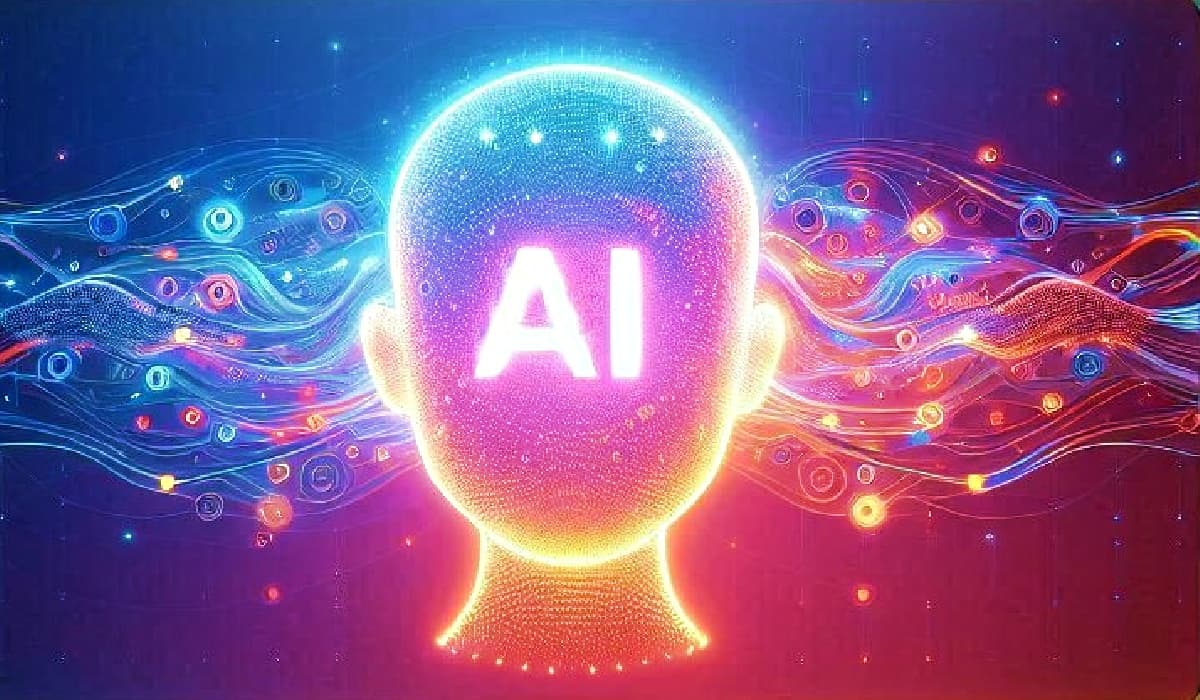In the fast-paced world of technology, Artificial Intelligence (AI) has become a ubiquitous term that has revolutionized various aspects of our lives. From shopping to business decision-making, AI has made its mark in almost every industry. However, the real challenge lies in harnessing the power of AI to its fullest potential to drive efficiency and innovation in organizations.
As we look into the future, particularly in the year 2025, success will not just come from using AI, but from mastering it to maximize its benefits. Companies that excel will be the ones that leverage AI to serve their specific goals while staying ahead of the competition.
One major shift that we can expect in 2025 is the move towards hyper-personalization. Gone are the days of generic marketing and one-size-fits-all customer experiences. AI-powered hyper-personalization will enable businesses to create tailored interactions for customers, making them feel valued and understood. Imagine a scenario where a coffee shop chain utilizes AI to analyze customer behavior and local trends to suggest the perfect drink at the right time, creating a seamless and intuitive experience for the customer.
Moreover, generative AI will play a significant role in business operations, especially in marketing, design, and content creation. Businesses can rely on AI to generate ad campaigns, product prototypes, and design concepts at a rapid pace, freeing up human resources to focus on innovation and strategy. The key here is to strike a balance between human creativity and AI efficiency, which will make companies stand out in a competitive marketplace.
In the realm of workforce augmentation, AI is set to empower employees rather than replace them. By automating repetitive tasks and providing valuable insights, AI allows employees to focus on higher-value work, ultimately boosting productivity and fostering innovation. In 2025, successful businesses will be those that invest in training employees to work alongside AI effectively, creating a more engaged and efficient workforce.
When it comes to cybersecurity, AI will be at the forefront of proactive strategies to combat evolving threats. AI systems can analyze network activity in real-time, identify anomalies, and mitigate risks before they escalate. By adopting strong AI-driven security measures, businesses can not only protect their assets but also build trust with their customers who are increasingly concerned about data privacy.
Edge AI, another game-changer, will offer businesses faster decision-making, enhanced data privacy, and improved efficiency by processing data directly on devices. This technology will give companies a competitive edge by allowing them to respond faster to real-world demands.
Ethical AI practices will also be a critical focus in 2025, as companies prioritize transparency, fairness, and accountability in AI systems. Trust is the new currency, and businesses that prioritize ethical AI practices will build stronger relationships with customers, employees, and regulators.
Furthermore, AI will also play a pivotal role in advancing sustainability goals by helping companies reduce waste, conserve resources, and optimize operations. By integrating AI into their operations, companies can drive efficiency while promoting sustainability.
In conclusion, AI is not just a competitive advantage but a necessity in the business world of 2025. Those who harness the power of AI thoughtfully and strategically will lead their industries to new heights. The future of business is undeniably AI-driven, and the choice lies in embracing its potential or risk being left behind in an ever-evolving landscape of technological advancements.


